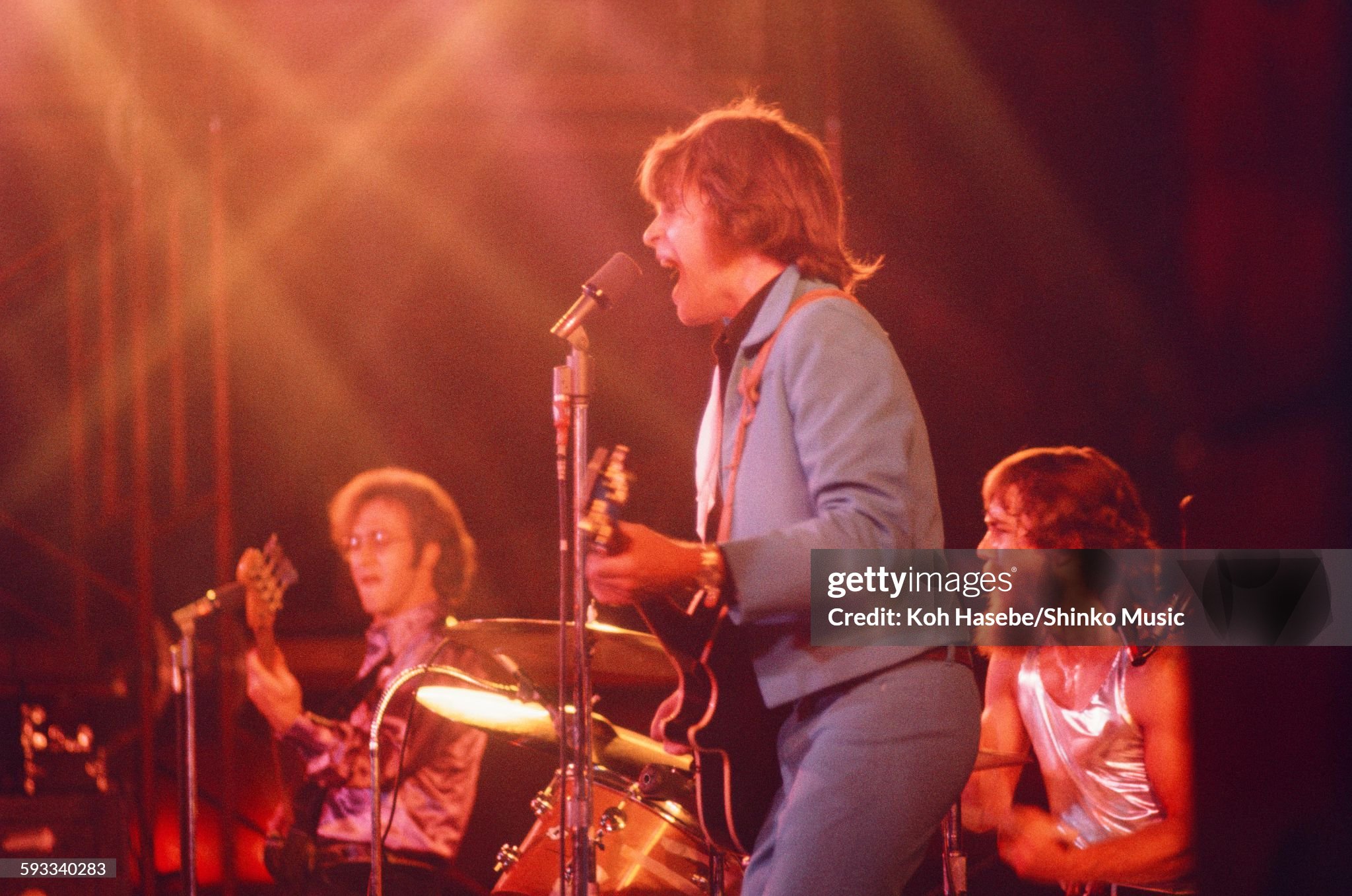
A Swamp-Born Hymn of American Grit and Restless Spirit
When Creedence Clearwater Revival stormed the Woodstock stage in August 1969, they were not merely performing—they were conjuring something primal from the humid air of that fabled summer. “Born On The Bayou (Live At The Woodstock Music & Art Fair / 1969)”, drawn from their debuting performance of the same year, stands as one of the most visceral testaments to the band’s mythic swamp-rock identity. Originally released as the opening track on Bayou Country in January 1969, the studio version had already introduced listeners to a new kind of Southern Gothic sound—though the band hailed not from Louisiana, but from California. The live rendition at Woodstock magnified that creation: rougher, darker, and drenched in atmosphere. Though Creedence’s set came late into the night (after midnight on August 17), their performance surged with an electric tension that cut through fatigue and rain, securing their reputation as one of America’s most formidable live acts.
What makes “Born On The Bayou” so magnetic is how it forges authenticity out of imagination. John Fogerty, the band’s driving force, was not born anywhere near a bayou; yet through his songwriting he conjured an entire geography of memory and myth. The song’s swamp is a dreamscape—an imagined homeland for an artist yearning for something wilder and more elemental than suburban California could offer. This is rock ’n’ roll as folklore, crafting identity through sound. That distinctive tremolo guitar line—slow, murky, and hypnotic—sets the stage for a narrative steeped in longing and defiance. It captures both the murmur of cicadas and the low growl of engines idling at dusk. Fogerty’s voice, raw with conviction, transforms landscape into metaphor: a call back to origins that may never have existed but feel achingly real.
At Woodstock, this resonance deepened. The live recording strips away studio polish to reveal pure intensity—the sweat and strain of a band operating at full throttle. Fogerty’s vocals crackle with urgency, underpinned by Doug Clifford’s muscular drumming and Stu Cook’s steady bass pulse. Tom Fogerty’s rhythm guitar lays down that humid texture that seems to steam off the speakers. In this form, “Born On The Bayou” becomes less a song than an incantation—a summoning of America’s restless heartland spirit during a time when the nation itself seemed mired in its own moral swamps.
Half a century later, this performance remains definitive—not just because it showcases Creedence at their peak, but because it crystallizes what made them unique: their ability to blend roots music, rock rebellion, and mythic storytelling into something timeless. “Born On The Bayou,” especially in its Woodstock incarnation, is no mere nostalgia trip; it is an invocation of place and purpose—a reminder that sometimes authenticity is not about where you’re from, but what you dare to believe your soul remembers.